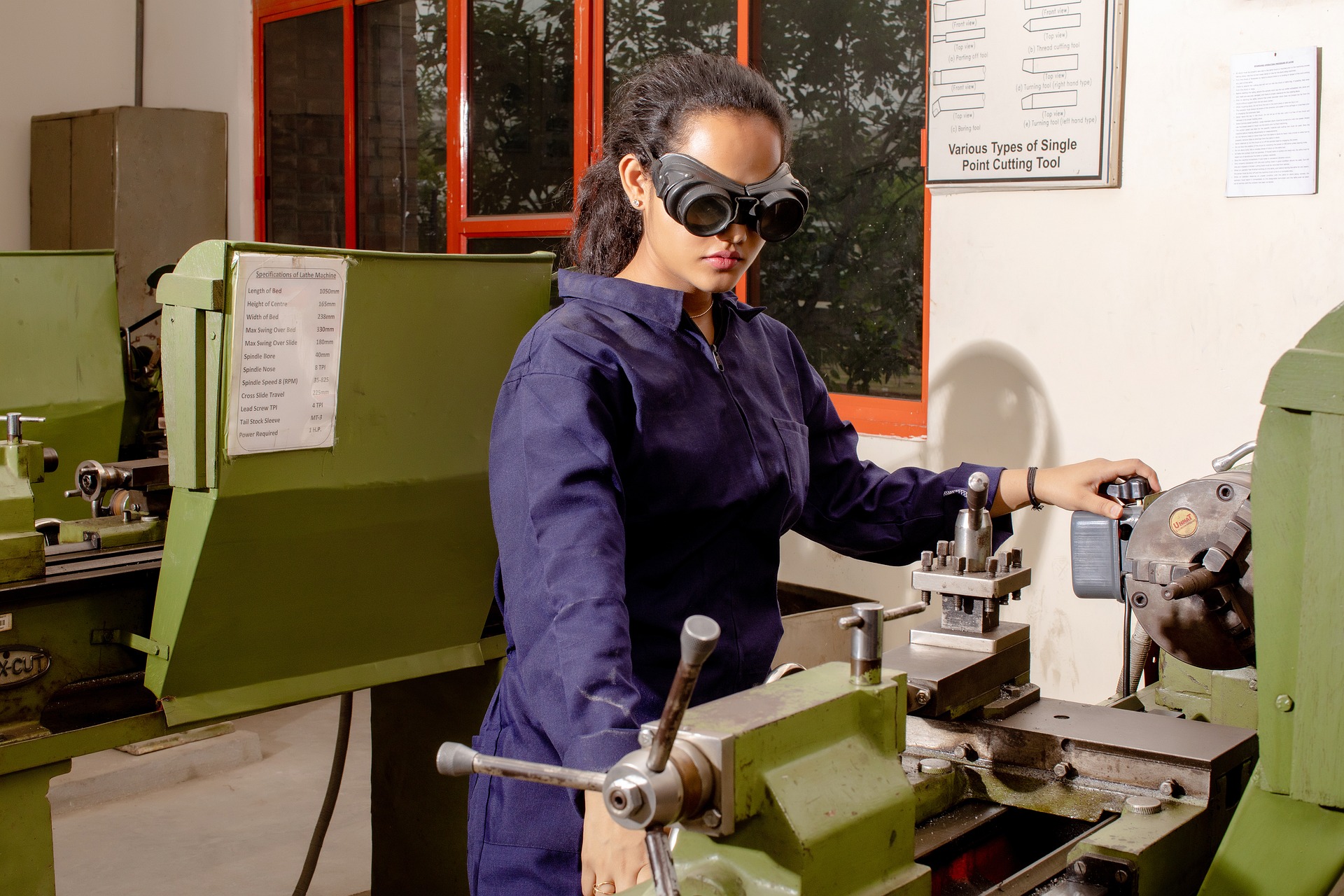Welding Training in Japan: A Comprehensive Guide for Engineers
Welding is a critical skill in many industries, and Japan is known for its advanced manufacturing and engineering sectors. For engineers looking to enhance their welding expertise or gain certification in Japan, understanding the training landscape is essential. This article explores the various aspects of welding training in Japan, focusing on certification, opportunities for engineers, and the unique aspects of the Japanese welding industry.

One of the distinctive features of welding training in Japan is the focus on precision and attention to detail, which aligns with the country’s reputation for high-quality manufacturing. Engineers undergoing welding training in Japan can expect to learn not only the technical aspects of welding but also the cultural approach to craftsmanship that is deeply ingrained in Japanese industry.
How can engineers obtain welding certification in Japan?
Obtaining welding certification in Japan involves a structured process that typically includes both theoretical examinations and practical tests. The Japan Welding Engineering Society (JWES) is the primary organization responsible for welding certification in the country. Engineers seeking certification must complete approved training courses and pass standardized examinations.
The certification process may vary depending on the specific type of welding and the level of expertise sought. Common certifications include:
-
JIS (Japanese Industrial Standards) Welding Qualification
-
WES (Welding Engineer Society) Certification
-
Special Welding Processes Certification
Engineers should be prepared to demonstrate their skills in various welding positions and with different materials. The certification process also often includes knowledge of welding codes, standards, and quality assurance practices specific to Japan.
What are the unique aspects of welding training for engineers in Japan?
Welding training for engineers in Japan often incorporates aspects that reflect the country’s industrial strengths and cultural values. Some unique features include:
-
Advanced Technology Integration: Japanese welding training frequently involves exposure to cutting-edge welding technologies and automation systems.
-
Quality Management Focus: Training programs emphasize the importance of quality control and continuous improvement, aligning with Japan’s renowned manufacturing practices.
-
Industry-Specific Training: Many programs offer specialized training tailored to Japan’s key industries, such as automotive, shipbuilding, and electronics manufacturing.
-
Cultural Aspects: Understanding the Japanese work ethic and communication styles is often integrated into training programs for foreign engineers.
-
Environmental Considerations: With Japan’s strong focus on sustainability, welding training often includes aspects of eco-friendly practices and energy efficiency.
How does welding certification in Japan compare to international standards?
Japanese welding certifications are highly regarded internationally due to the country’s reputation for quality and precision in manufacturing. However, it’s important to note that while Japanese certifications are respected globally, they may not always directly translate to certifications in other countries.
Many Japanese welding certifications align with international standards, such as those set by the International Institute of Welding (IIW). This alignment facilitates recognition of Japanese qualifications in other countries. However, engineers planning to work internationally should research the specific requirements of their target countries or industries.
Some key comparisons include:
-
Stringency: Japanese certification processes are often considered more rigorous than those in many other countries.
-
Specialization: Japan offers highly specialized certifications for specific industries or welding processes.
-
Technology Focus: Japanese certifications often emphasize proficiency with advanced welding technologies.
-
Quality Standards: Certifications in Japan place a strong emphasis on quality management and precision.
What career opportunities exist for certified welding engineers in Japan?
Japan’s robust manufacturing sector offers numerous opportunities for certified welding engineers. Some key areas include:
-
Automotive Industry: Japan’s world-renowned automotive manufacturers frequently require skilled welding engineers.
-
Shipbuilding: With its extensive coastline, Japan maintains a significant shipbuilding industry that demands welding expertise.
-
Aerospace: The growing aerospace sector in Japan offers opportunities for welding engineers with specialized skills.
-
Construction: Large-scale infrastructure projects and high-rise buildings require certified welding professionals.
-
Research and Development: Japan’s focus on innovation creates opportunities for welding engineers in R&D roles, developing new welding technologies and processes.
| Industry Sector | Key Players | Typical Roles for Welding Engineers |
|---|---|---|
| Automotive | Toyota, Honda, Nissan | Manufacturing Process Engineer, Quality Control Specialist |
| Shipbuilding | Mitsubishi Heavy Industries, Kawasaki Heavy Industries | Welding Supervisor, Structural Engineer |
| Aerospace | IHI Corporation, JAXA | Materials Engineer, Welding Technology Specialist |
| Construction | Obayashi Corporation, Shimizu Corporation | Structural Welding Engineer, Quality Assurance Manager |
| Research & Development | National Institute for Materials Science, Universities | Research Engineer, Welding Technology Developer |
Prices, rates, or cost estimates mentioned in this article are based on the latest available information but may change over time. Independent research is advised before making financial decisions.
In conclusion, welding training and certification in Japan offer engineers a unique opportunity to develop high-level skills in a country renowned for its manufacturing excellence. The combination of rigorous training, advanced technology, and a culture of precision makes Japan an attractive destination for engineers looking to specialize in welding. While the certification process can be demanding, the resulting qualifications are highly respected both within Japan and internationally, opening doors to diverse career opportunities in various industries.






